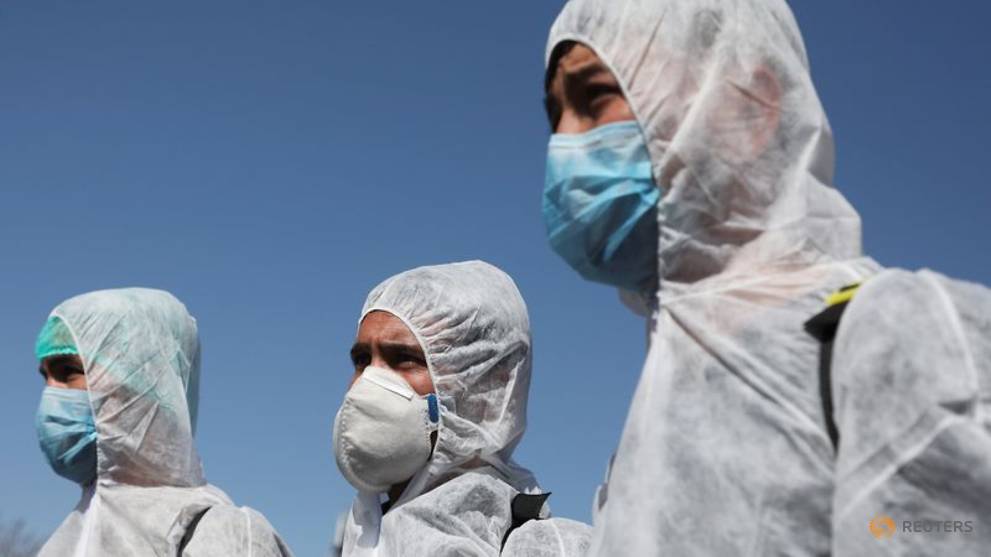
KABUL: Scared by the prospect a coronavirus epidemic in parts of Afghanistan under their control, the Taliban have pledged their readiness to work with healthcare workers instead of killing them, as they have been accused of in the past.
Back in September, the Taliban lifted a ban on the World Health Organisation and Red Cross from operating in militant-held territory, having warned them off in April because of suspicions over polio vaccination campaigns.
Advertisement
Advertisement
Whatever reservations the militants held over eradicating that crippling disease, they have clearly grasped the dangers posed by coronavirus pandemic sweeping the rest of the world.
"The Islamic Emirate via its Health Commission assures all international health organizations and WHO of its readiness to cooperate and coordinate with them in combating the coronavirus," said Suhail Shaheen, the Taliban's spokesman, on Twitter, using the term the group uses to describe itself.
In a report in December, the World Health Organisation refrained from naming the Taliban or any other militant group as it counted the human and social cost of targeted attacks on healthcare during 2019.
At least 51 healthcare workers, patients and supportive staff were killed and 142 others wounded. As a result of the attacks 192 health facilities were closed, of which only 34 were re-opened. The Taliban denied responsibility for the attacks that Afghan authorities have blamed on their fighters.
Advertisement
Advertisement
Afghanistan currently has 22 confirmed coronavirus cases, with concerns growing particularly over the danger of infections among the thousands of Afghans crossing the border with Iran – one of the worst-affected nations.
The country's woefully inadequate health system would undoubtedly be overwhelmed if the virus were to take hold. Moreover, after 18 years of war the government only controls about half of the country.
The rest is either controlled or contested by the insurgents, who have agreed a peace deal with the United States, but have yet to open talks with the government.
Communities in ethnic Pashtun rural areas where the Taliban hold sway could suffer from the loss of access to health support in their villages as a result of past militant action.
Access can be even worse for women in these communities due to conservative Pashtun attitudes on gender.
Rahila, a 31 year old woman living in Takhar province, said that in her village in a Taliban-controlled area there was a health clinic with only male doctors.
"When we get sick we are not allowed to go to a doctor, instead our husbands bring medicine for us," Rahila told Reuters, asking not to publish her full name over safety concerns. "Who will test the women?"
She added: "What if a woman has a coronavirus…everyone in our village will be affected. If magic happens and helps the Taliban, then the Taliban can prevent coronavirus in our village."
Zabihullah Mujahid, Read More – Source
[contf]
[contfnew]
channel news asia
[contfnewc]
[contfnewc]







